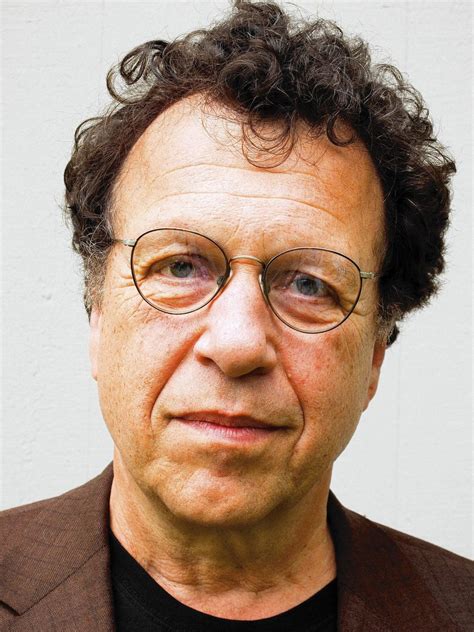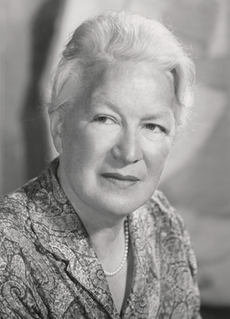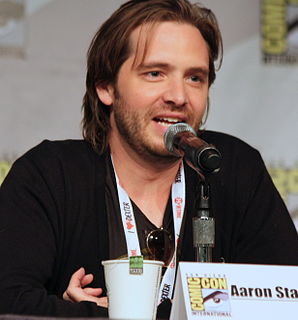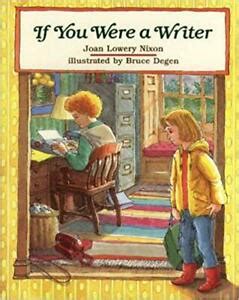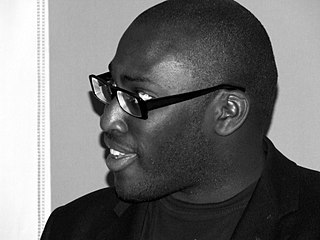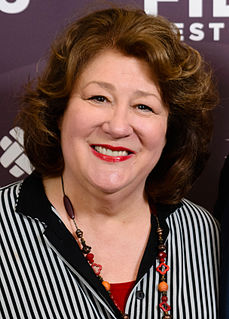A Quote by Veena Sud
The thing I love about this story [The Killing] and this type of storytelling is that I don't have to know the end before I know the beginning.
Related Quotes
The foundation of all human knowledge, the beginning of human consciousness, must be that each and every one of us is an object of love. Before you know if you have red hair or brown, before you know if you are black or white, before you know of what religion you are a part, you have to know that you are loved
Letting there be room for not knowing is the most important thing of all. When there's a big disappointment, we don't know if that's the end of the story. It may just be the beginning of a great adventure. Life is like that. We don't know anything. We call something bad; we call it good. But really we just don't know.
People always go on about how fantastic relationships are in the beginning, and of course everyone hates relationships when they end, but what about the middles? the middles where you know everything there is to know. Where you can look at the person you love and know what they're thinking, see something on the telly and know how they'd react;When you know exactly what they'd wear to come round and see you.
I told him about the way they get to know you. Not the way people do, the way they flatter you by wanting to know every last thing about you, only it isn't a compliment, it is just efficient, a person getting more quickly to the end of you. Correction - dogs do want to know every last thing about you. They take in the smell of you, they know from the next room, asleep, when a mood settles over you. The difference is there's not an end to it.
A love affair is like a short story--it has a beginning, a middle, and an end. The beginning was easy, the middle might drag, invaded by commonplace, but the end, instead of being decisive and well knit with that element of revelatory surprise as a well-written story should be, it usually dissipated in a succession of messy and humiliating anticlimaxes.



